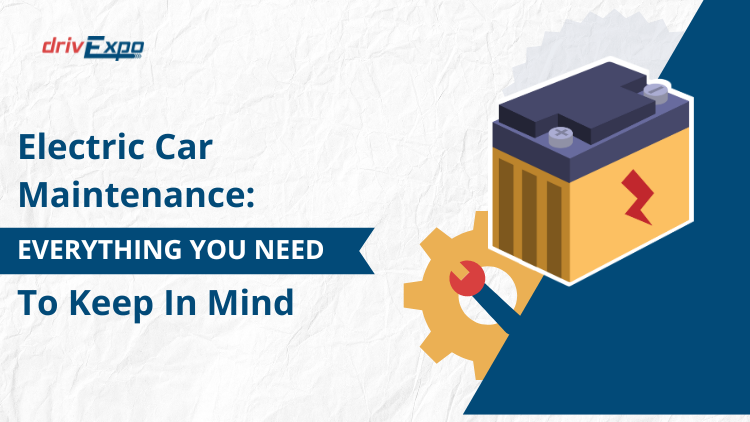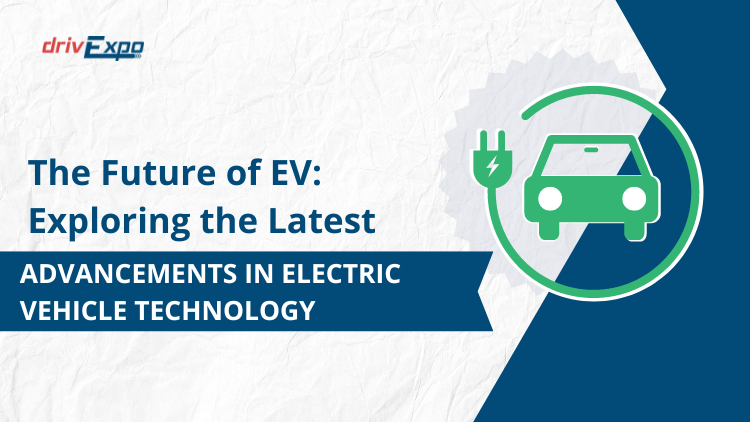With electric vehicles (EVs) becoming increasingly popular in India, many prospective buyers are curious about home charging. As public charging infrastructure grows, the convenience of having a home charging setup cannot be overstated. But how practical and easy is it to charge your EV at home in India? Let’s explore the process, benefits, and things to consider for Indian EV owners.
Why Home Charging Makes Sense
Home charging is one of the most convenient ways to keep your EV ready for the road. Here’s why:
- Convenience: No need to visit public charging stations or wait in queues. Plug in your EV overnight, and it’s ready to go in the morning.
- Cost-Effective: Home electricity rates are usually lower than public charging costs, saving you money in the long run.
- Time-Saving: Charging at home allows you to schedule charging sessions at night, avoiding peak electricity rates and saving valuable time.
- Custom Setup: With a dedicated home charger, you can enjoy faster charging speeds and greater control over your EV’s charging.
If you’re considering switching to an EV, read more about the perfect time to buy an EV in India.
Types of Home Charging
1. Slow Charging (Level 1)
- Uses a standard 15-amp socket.
- Typically charges the EV at a rate of 3-5 km of range per hour.
- Ideal for small battery packs like those in entry-level EVs.
2. Fast Charging (Level 2)
- Requires a dedicated wall-mounted charger.
- Charges 20-30 km of range per hour, depending on the car and charger capacity.
- Suitable for larger battery EVs like the Tata Nexon EV and Hyundai Kona Electric.
Explore the best electric cars in India for 2025 to understand which EV fits your charging needs.
How to Set Up a Home Charging Station
Setting up a home charging station in India is straightforward:
- Step 1: Contact Your EV Manufacturer: Most EV makers provide wall-mounted chargers as part of the car package or for an additional cost.
- Step 2: Hire a Licensed Electrician: Ensure proper installation and safety compliance with your local electricity board.
- Step 3: Choose the Right Location: Install the charger near your parking area to minimize cable length and ensure convenience.
- Step 4: Regular Maintenance: Periodically check your charger for wear and tear.
For tips on maintaining EV accessories, learn how to use a Michelin tyre inflator or a digital tyre inflator.
Cost of Home Charging in India
Electricity Costs
- The cost of charging an EV at home depends on your state’s electricity tariffs.
- On average, it costs ₹1-₹1.5 per km for home charging, which is significantly cheaper than petrol or diesel.
Equipment Costs
- A basic 15-amp socket costs nothing extra if you already have one at home.
- A Level 2 home charger installation can cost ₹40,000-₹80,000, depending on the brand and features.
For buyers looking for cost-effective EVs, explore cars under ₹25 lakhs or ₹20 lakhs.
Challenges of Home Charging
While convenient, home charging does have a few challenges:
- Power Load: You may need to upgrade your home’s electrical infrastructure to handle high charging loads.
- Space Requirements: Apartments or shared parking areas may pose installation challenges.
- Charging Time: Slow chargers can take up to 10-12 hours for a full charge, which may not suit frequent drivers.
If you’re unable to install a home charger, find where to sell or buy electric cars to explore options.
Alternative Charging Options
Public Charging Stations
Ideal for apartment dwellers or those without home charging access. However, availability is still limited in some areas.
Battery Swapping Stations
An emerging concept that allows EV owners to swap their depleted batteries for fully charged ones.
Office Charging Stations
Many companies are installing EV chargers in their parking lots, providing employees with a convenient alternative.
Learn more about the future of electric cars to see how these charging options will evolve.
Tips for Maximizing Home Charging Efficiency
- Charge Overnight: Take advantage of lower electricity rates during non-peak hours.
- Monitor Energy Consumption: Use smart chargers to track energy usage and optimize costs.
- Maintain Tire Pressure: Properly inflated tires improve efficiency; use a cordless inflator for quick adjustments.
- Keep the Battery Between 20-80%: Avoid frequent full charges to prolong battery life.
For detailed maintenance tips, refer to this EV maintenance guide.
Best EVs for Home Charging Convenience
Tata Nexon EV Facelift
- Perfect for urban drivers.
- Comes with a complimentary home charger for seamless installation.
Hyundai Ioniq 5
- Fast-charging capability for those who need frequent top-ups.
MG ZS EV
- Equipped with a Type 2 charger compatible with most home setups.
For a complete list of the longest-range EVs, check out our guide.
Conclusion: Is Home Charging Convenient in India?
Charging an electric car at home in India is not only convenient but also cost-effective and time-saving. With the right setup, it eliminates the need for frequent trips to public charging stations.
While challenges like power load and parking limitations exist, the benefits far outweigh the drawbacks.
If you’re considering an EV, now is the perfect time to make the switch. For more expert insights and buying guides, visit Drivexpo and explore the latest trends in the EV revolution.

